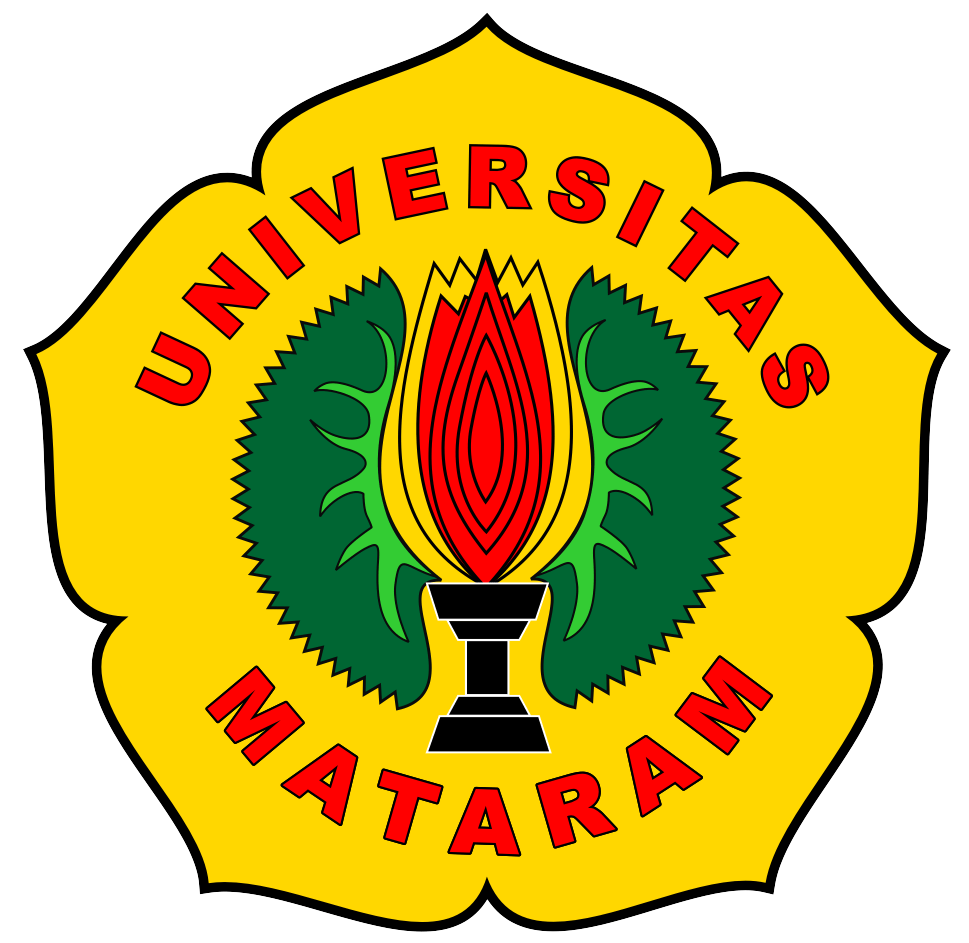Navigating Virtual Reality: Exploring the Effectiveness and Challenges of VR Integration in Medical Faculty Universitas Warmadewa
DOI:
https://doi.org/10.29303/p0sgkq05Keywords:
Virtual Reality, Medical Education, VR Effectiveness, VR ChallengesAbstract
Virtual Reality (VR) technology has emerged as a promising tool in the realm of medical education, offering immersive and interactive learning experiences that transcend traditional teaching methods. Despite the potential benefits, the widespread adoption of VR technology in medical faculties faces various challenges. This article aims to investigate the effectiveness, barriers, and enablers of VR in medical faculty Universitas Warmadewa Denpasar, Indonesia. The participant consisted of 30 second year medical students and 30 teachers specializing in various disciplines within the medical field. Medical students completed the Anatomy VR Learning Experience Questionnaire (AVRLEQ), designed to gauge their perceptions and experiences with Anatomy VR learning. Teachers were administered the Barriers and Enablers to the Use of Virtual Worlds in Higher Education Questionnaires. Result from the Likert scale questionnaire medical students following their use of VR for anatomy study revealed positive perceptions regarding VR's efficacy as a learning tool. Medical teachers also following their use of anatomy VR technology provide a compelling insight into the perceptions of educators regarding its effectiveness. In summary, the study highlights the potential benefits of integrating VR technology into medical education, such as improved learning outcomes and increased student engagement. However, it also underscores the importance of addressing barriers, particularly the need for computational proficiency, through adequate training and support mechanisms. These insights are valuable for educators and policymakers seeking to enhance medical education through innovative technologies like VR.
Downloads
Published
Issue
Section
License
Copyright (c) 2024 Unram Medical Journal

This work is licensed under a Creative Commons Attribution 4.0 International License.
Authors who publish with Unram Medical Journal, agree to the following terms:
- Authors retain copyright and grant the journal right of first publication with the work simultaneously licensed under a Creative Commons Attribution 4.0 International License (CC-BY License). This license allows authors to use all articles, data sets, graphics, and appendices in data mining applications, search engines, websites, blogs, and other platforms by providing an appropriate reference. The journal allows the author(s) to hold the copyright without restrictions and will retain publishing rights without restrictions.
- Authors are able to enter into separate, additional contractual arrangements for the non-exclusive distribution of the journal's published version of the work (e.g., post it to an institutional repository or publish it in a book), with an acknowledgment of its initial publication in University of Mataram's Journal of Medicine.
- Authors are permitted and encouraged to post their work online (e.g., in institutional repositories or on their website) prior to and during the submission process, as it can lead to productive exchanges, as well as earlier and greater citation of published work (See The Effect of Open Access).
- This journal is open access journal which means that all content is freely available without charge to users or / institution. Users are allowed to read, download, copy, distribute, print, search, or link to full text articles in this journal without asking prior permission from the publisher or author.







